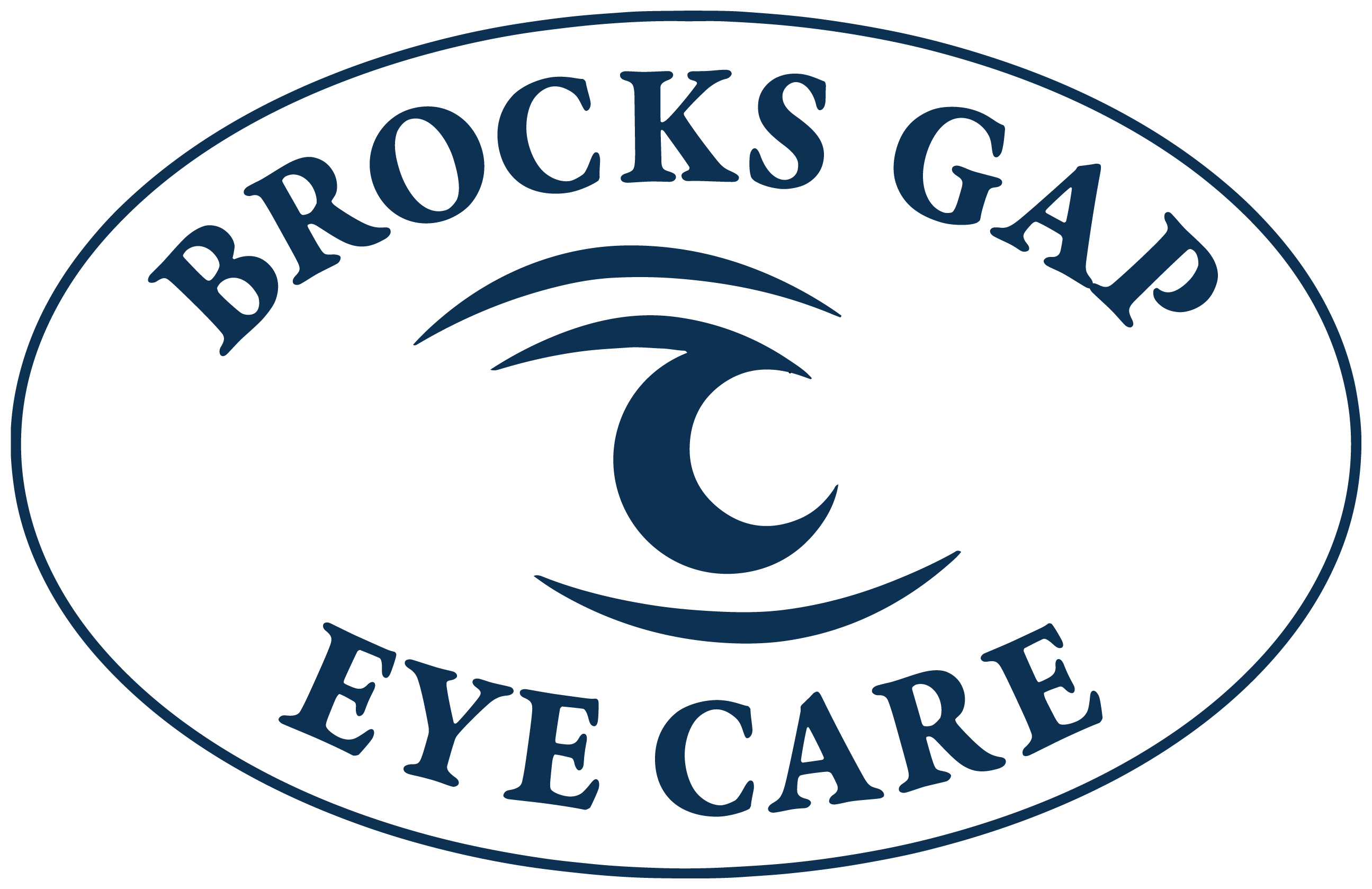Why Is My Upper Eyelid Swollen? A Guide to Causes and Treatments
- tansley6
- Nov 30, 2024
- 3 min read
A swollen upper eyelid can be more than just an annoyance; it can signal underlying health issues ranging from mild irritation to more serious conditions. Understanding the possible causes and knowing when to seek professional care can help you manage this issue effectively.

Common Causes of Upper Eyelid Swelling
Allergies Allergic reactions to pollen, dust, pet dander, or certain cosmetics can lead to swelling in the upper eyelid. Allergies often accompany redness, itching, and watery eyes.
Infections
Stye (Hordeolum): A painful lump caused by bacterial infection in an oil gland near the eyelid margin.
Chalazion: A blocked oil gland that forms a firm, painless bump, which may cause the eyelid to appear swollen.
Blepharitis: chronic inflammation of the eyelid margins, often due to bacterial infection or skin conditions like rosacea.
Conjunctivitis (Pink Eye): Swelling can result from viral or bacterial conjunctivitis affecting nearby tissues.
Trauma or Injury Bumps, scratches, or other injuries can cause localized swelling. Rubbing your eyes excessively can also contribute.
Cellulitis
Preseptal Cellulitis: A bacterial infection affecting the tissues around the eye but not the eyeball itself.
Orbital Cellulitis: A more severe infection that extends behind the orbital septum, requiring immediate medical attention.
DermatitisContact dermatitis, caused by irritation from substances like makeup or skincare products, can trigger swelling alongside redness and itching.
Eye Strain or FatigueOverworking your eyes, lack of sleep, or prolonged screen time may cause mild swelling.
Underlying Medical Conditions
Thyroid Eye Disease: Often associated with hyperthyroidism, this condition can lead to puffiness and bulging eyes.
Kidney Problems: Fluid retention due to kidney issues can manifest as eyelid swelling.
When to Seek Medical Attention

While mild swelling can often resolve on its own, some symptoms require immediate care:
Severe pain or vision changes.
Swelling that spreads rapidly or involves redness and warmth (signs of infection).
Persistent swelling lasting more than a few days.
Symptoms of an allergic reaction, such as difficulty breathing or facial swelling.
Treatment Options
At-Home Remedies
Cold compress: helps reduce swelling and soothe irritation.
Warm compress: useful for conditions like styes or chalazia to promote drainage.
Over-the-Counter Allergy Medicines: Antihistamines or eye drops can address mild allergic reactions.
Medical Treatments
Antibiotics: Prescribed for bacterial infections like cellulitis or severe blepharitis.
Steroid Creams or Drops: Help reduce inflammation in cases of dermatitis or allergic reactions.
Drainage Procedures: For large or persistent chalazia or styes, your eye doctor may recommend minor surgery.
Lifestyle Adjustments
Avoid rubbing your eyes.
Use hypoallergenic products.
Maintain good hygiene to prevent infections.
FAQs About Swollen Eyelids
Q: Can stress cause swollen eyelids?Stress itself doesn’t directly cause swelling but can contribute indirectly through eye strain, lack of sleep, or exacerbation of underlying conditions like dermatitis.
Q: Is it safe to wear contact lenses with a swollen eyelid?A: It’s best to avoid wearing contact lenses until the swelling resolves to prevent further irritation or infection.
Q: What’s the difference between a stave and a challenge?A stye is a painful, infected oil gland near the eyelid margin, while a chalazion is a blocked oil gland that’s usually painless but can still cause swelling.
Q: Can dehydration cause eyelid swelling?A: Dehydration typically leads to dryness rather than swelling, but fluid retention from overhydration or kidney issues can cause puffiness.
Q: How can I prevent swollen eyelids?A: Maintain good eye hygiene, avoid allergens, and ensure proper sleep and hydration. Regularly clean makeup brushes and avoid expired cosmetics.
Final Thoughts
A swollen upper eyelid can stem from a variety of causes, each requiring a tailored approach. If home remedies don’t resolve the issue or if the swelling worsens, consult an eye care professional. Early intervention can ensure the health of your eyes and prevent complications.




Comments